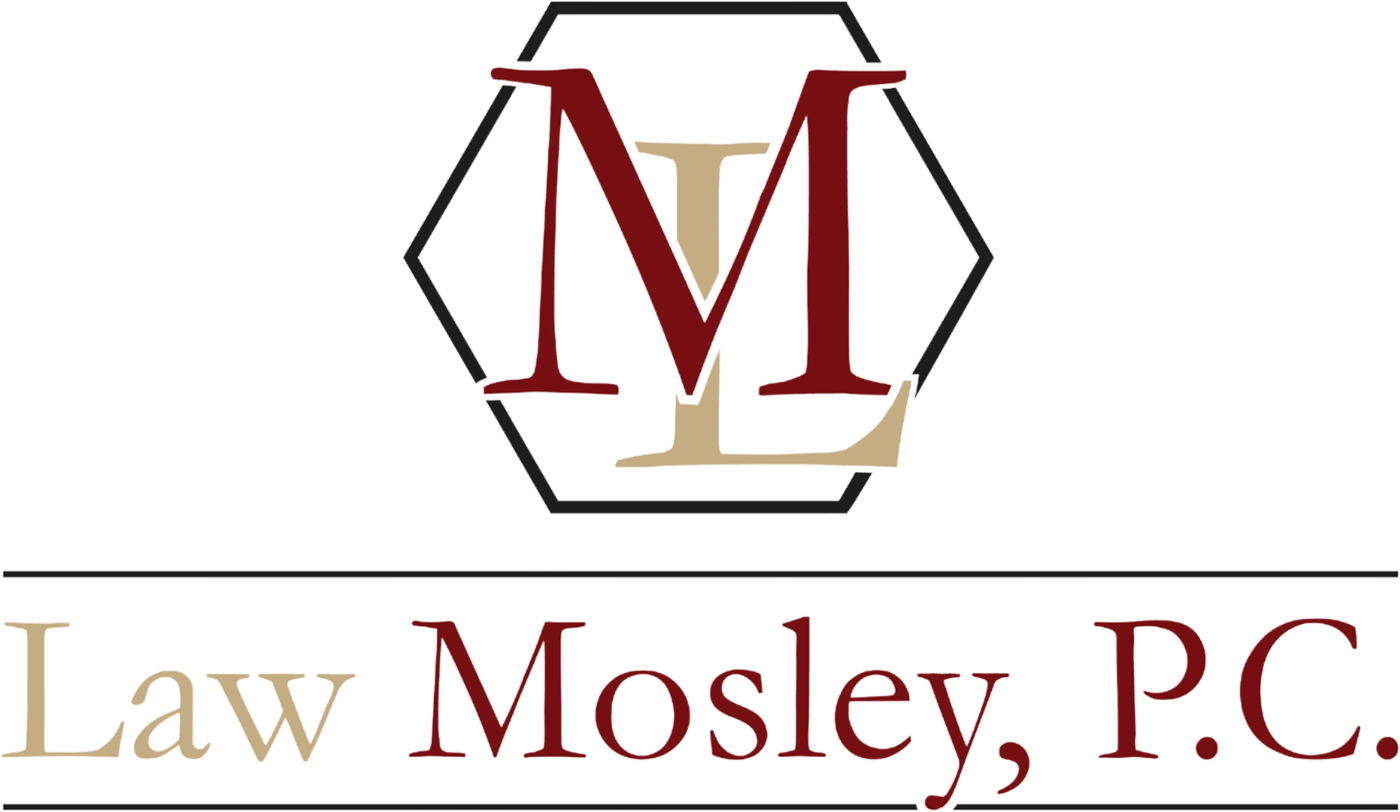When a loved one passes away, their estate often goes through probate, a legal process that oversees the distribution of assets, resolution of debts and execution of a will. Probate can be time-consuming and complex, especially when multiple heirs, significant assets, or disputes are involved. A probate attorney helps guide executors and beneficiaries through this process, ensuring that all legal requirements are met while reducing stress and delays.
Understanding the Probate Process
Probate is the court-supervised process of administering an estate after the death of an individual. If the deceased had a valid will, the executor named in the document is responsible for carrying out their wishes. If no will exists, the court appoints an administrator to distribute assets according to state intestacy laws.
A probate attorney assists with various legal tasks, such as:
- Filing the will with the probate court and ensuring that it meets legal requirements
- Identifying and valuing estate assets, including bank accounts, real estate and personal property
- Handling creditor claims and ensuring that debts and taxes are paid before distributing inheritances
- Resolving disputes among heirs to prevent legal battles that could delay the probate process
While some estates qualify for simplified probate procedures, larger or more complex estates often require court supervision, making legal guidance essential.
When Should You Hire a Probate Attorney?
The need for a probate attorney depends on the complexity of the estate and potential legal challenges. In straightforward cases where a valid will exists and the estate is small, executors may be able to handle probate without legal assistance. However, an attorney is often necessary in situations such as:
- Contested Wills: If family members dispute the validity of a will or its terms, legal intervention is required.
- High-Value Estates: Larger estates often involve complex tax considerations and multiple beneficiaries.
- Out-of-State Executors: If the executor does not reside in the state where probate is being processed, an attorney can help fulfill legal requirements remotely.
- Unclear Estate Plans: If a will is vague, outdated, or incomplete, an attorney can help determine the necessary legal next steps.
How a Probate Attorney Protects Executors and Beneficiaries
Executors are legally responsible for ensuring that probate is handled correctly. A mistake—such as mismanaging assets, failing to notify creditors, or improperly distributing funds—can lead to personal liability. A probate attorney helps executors avoid these pitfalls by:
- Ensuring proper legal filings and documentation
- Managing creditor claims to prevent overpayment or legal disputes
- Handling tax filings, including estate and inheritance taxes
- Overseeing fair distribution of assets to beneficiaries
For heirs, a probate attorney helps ensure that inheritances are properly distributed and that their legal rights are protected. If a dispute arises, legal representation can help mediate conflicts before they escalate into costly litigation.
Can Probate Be Avoided?
In some cases, probate can be bypassed through estate planning strategies. Assets held in a revocable living trust, payable-on-death accounts, or jointly owned property typically do not require probate. A probate attorney can also assist in structuring an estate plan to minimize court involvement, reducing legal fees and delays.
For families currently going through probate, a probate attorney can help expedite the process, ensuring that legal obligations are met without unnecessary complications.
Key Takeaways
- Probate attorneys guide families through estate administration: They help executors file legal documents, settle debts and distribute assets according to the will or state law.
- Legal representation is essential in complex cases: Disputes, high-value estates and out-of-state executors often require professional legal assistance.
- Executors benefit from legal guidance: A probate attorney ensures that all responsibilities are fulfilled correctly, reducing the risk of personal liability.
- Probate can be avoided with proper estate planning: Using trusts, beneficiary designations and joint ownership can keep assets out of probate.
- Attorneys help resolve inheritance disputes: Legal representation prevents conflicts from escalating, ensuring fair distribution of the estate.
Reference: MetLife (Apr 05, 2023) “What Is a Probate Lawyer and When You May Want to Hire One”



